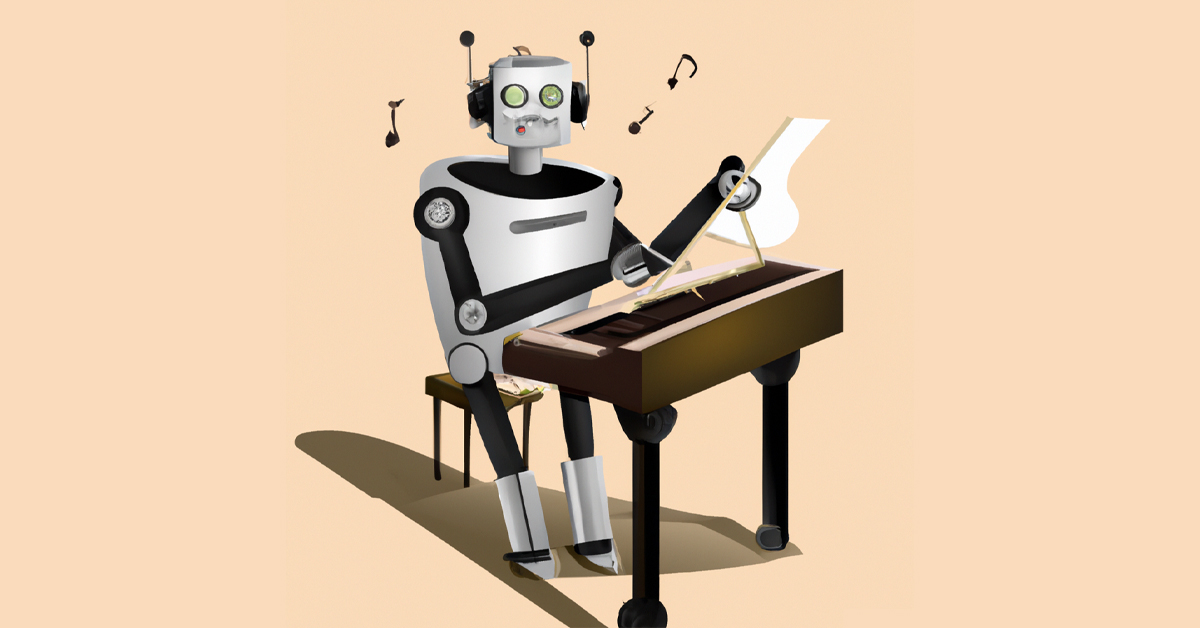The AI Challenge: Death of Creativity?
I’ve been thinking a lot about AI lately. Like many people whose jobs involve creative work, I keep asking myself, “Will AI replace me?”
My Recent Writing Challenge
Last week, I was writing an article about weight loss medications for a client. Everyone and their mother has written about this topic already – so how could I make it fresh?
I ended up weaving together some thoughts about societal beauty standards and our complex relationship with body image. I even threw in a reference to André De Shields’ Tony Award acceptance speech (you know, his “three rules of sustainability”): 1. Surround yourself with people whose eyes light up when they see you coming. 2. Slowly is the fastest way to get where you want to be. 3. The top of one mountain is the bottom of the next.
When I finished, I thought, “This feels unique – but could AI do this too?”
What AI Can (and Can’t) Do
AI is fantastic with facts and historical context. Ask ChatGPT to explain the Civil War or summarize research on weight loss medications, and you’ll get a solid answer.
But those unexpected connections that make creative work sing? The weird but perfect reference to a Broadway actor’s speech in a weight loss article? AI struggles there. And honestly, that’s somewhat comforting.
The Future’s Coming Anyway
Still, AI keeps getting better. It’s already composing music that sounds pretty good. So should I just give up writing?
Nah.
I write because I enjoy expressing myself. There’s joy in creating something that feels like me.
It reminds me of that Ted Lasso episode where Roy Kent helps Isaac rediscover his love of football by taking him to play pickup games with regular people. The magic of human creativity comes from those unpredictable connections our brains make when we’re having fun, not just following patterns.
The Human Element
I hope people will still value human-made stuff more than AI-generated content. But even if they don’t, I’ll keep creating because it fulfills me.
AI might get really good at mimicking creativity, but it can’t experience the satisfaction of making something from your mind and heart.
So I’ll keep writing for myself, if not for everyone else.
(By the way, I used DALL-E to create the image for this post. Ironic, right?)
External Reference
Check out this related post on LinkedIn: here.





McKelvey
May 4, 2023big fan; love your stuff!!!!!!!!!!!!!!
love u mikey 🙂